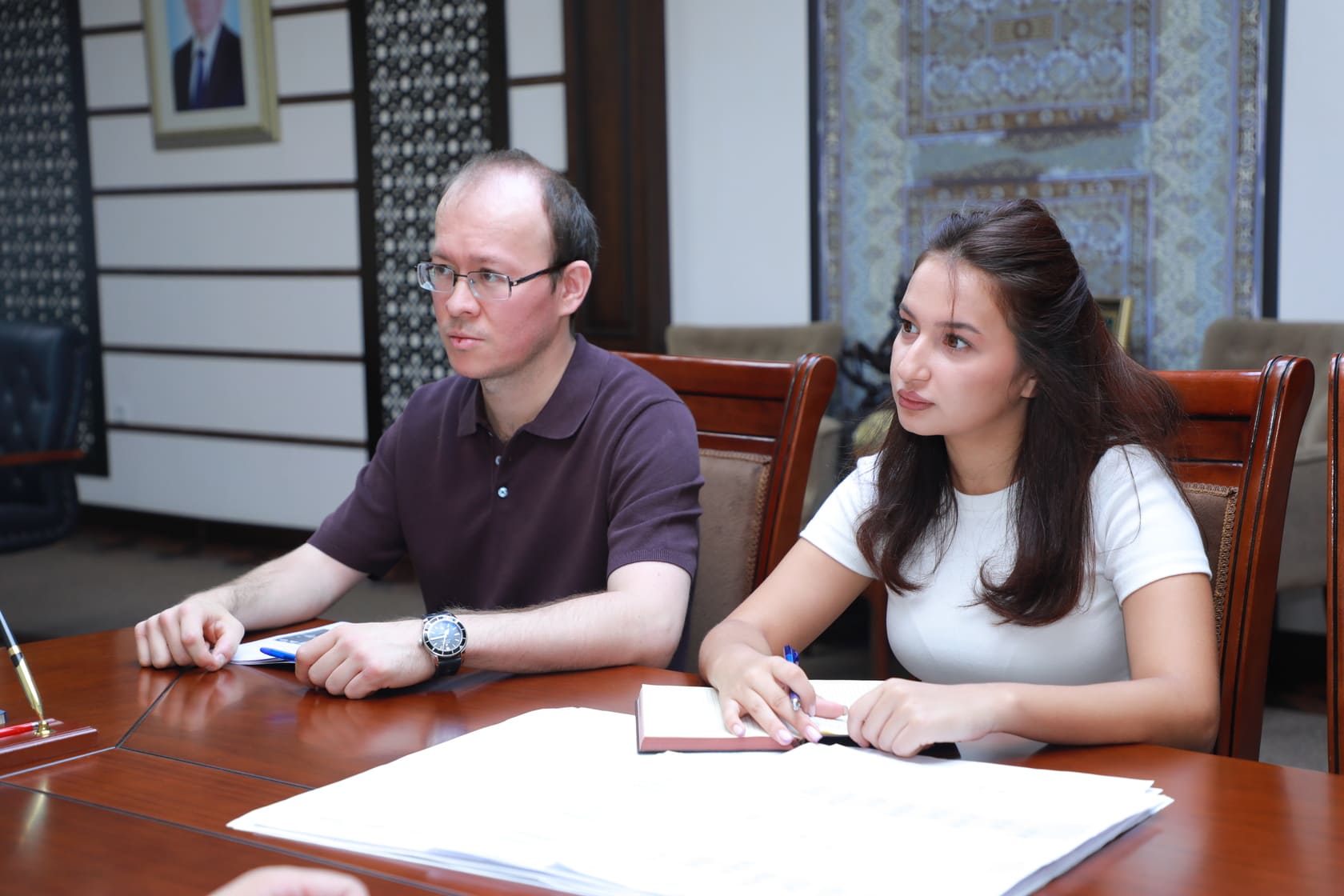In today’s world, human and social capital are recognized as key factors determining economic development and quality of life.
Scientific research over the past decades has convincingly shown that the level of education, skills, health, and social capital indicators largely determine a country's competitiveness and its capacity for sustainable development.
For developing countries, this topic is particularly relevant. Here, social and human capital are not just significant elements but fundamental drivers of economic growth, societal resilience, and improved quality of life.
The study of these factors has become an integral part of national strategies and a key reference point for the implementation of development programs.
Based on this understanding, the National Research University TIIAME and ERGO Analytics have signed a memorandum of cooperation aimed at advancing research in the field of social and human capital.
Within the framework of the memorandum, ERGO Analytics, supported by the Laboratory for Human and Human Capital Studies, will provide methodological and research support to the university — assisting TIIAME faculty and researchers in writing scientific articles, conducting studies, and learning modern academic standards and data analysis methods.
This collaboration is aimed at building a sustainable research ecosystem, developing the academic potential of young scholars, and increasing the university’s international publication activity.
The head of the Laboratory is Raufkhon Salakhodjaev, an economist specializing in research on human capital and sustainable development, and the Director of ERGO Analytics.
He graduated from the State University of New York and earned his PhD at the National Research University TIIAME.
Raufkhon is the author of more than 100 scientific articles published in Scopus-indexed journals (H-index — 26), as well as several academic books, including editions published by Springer.


